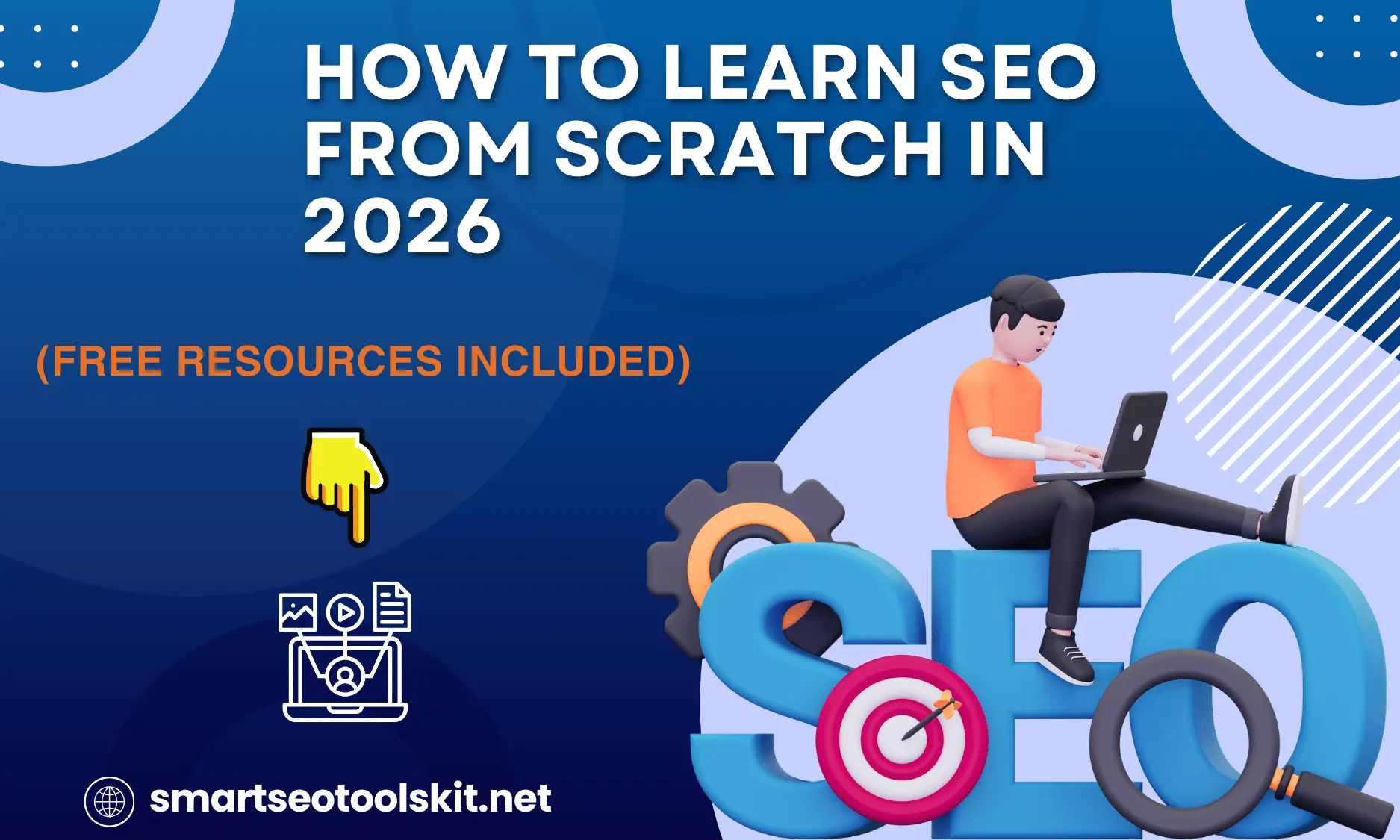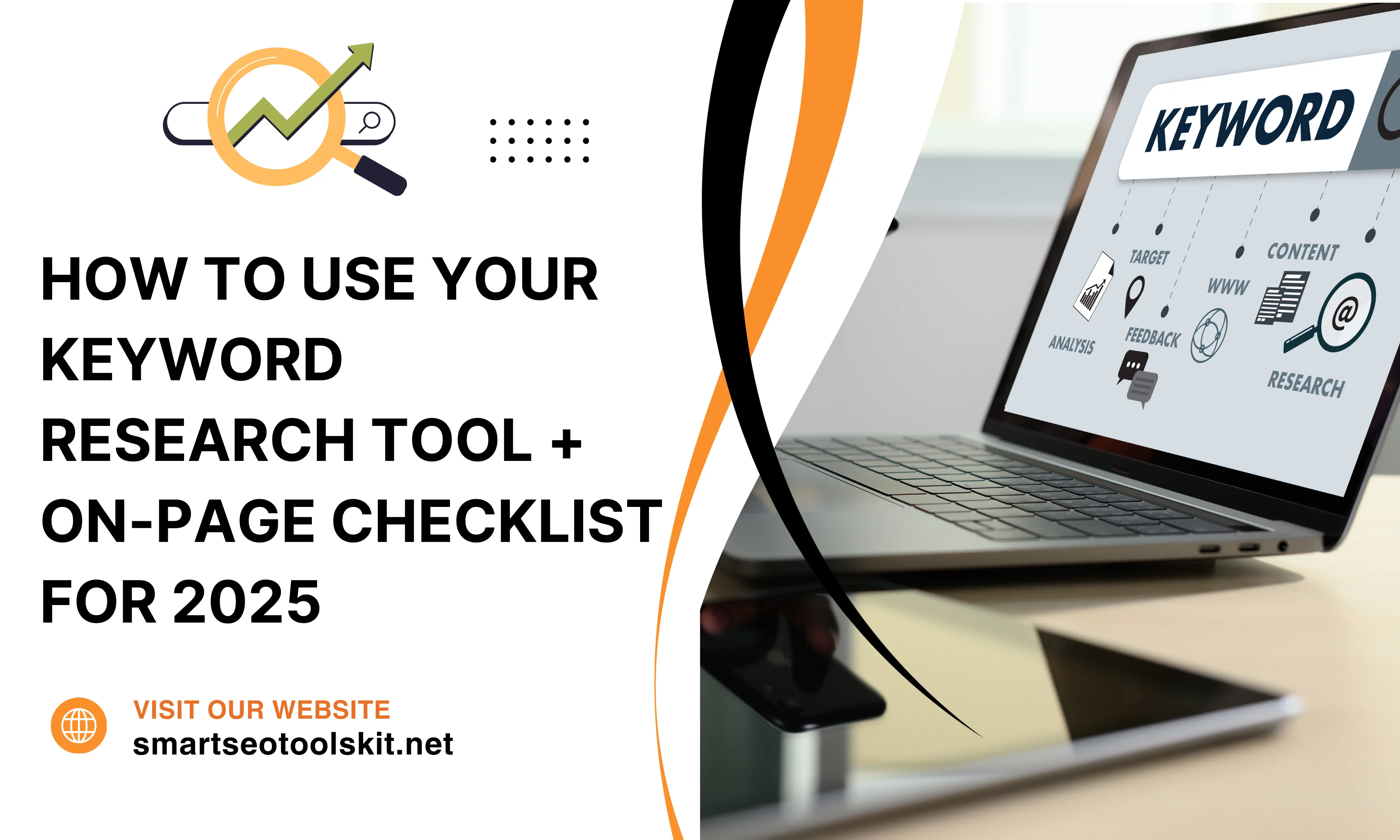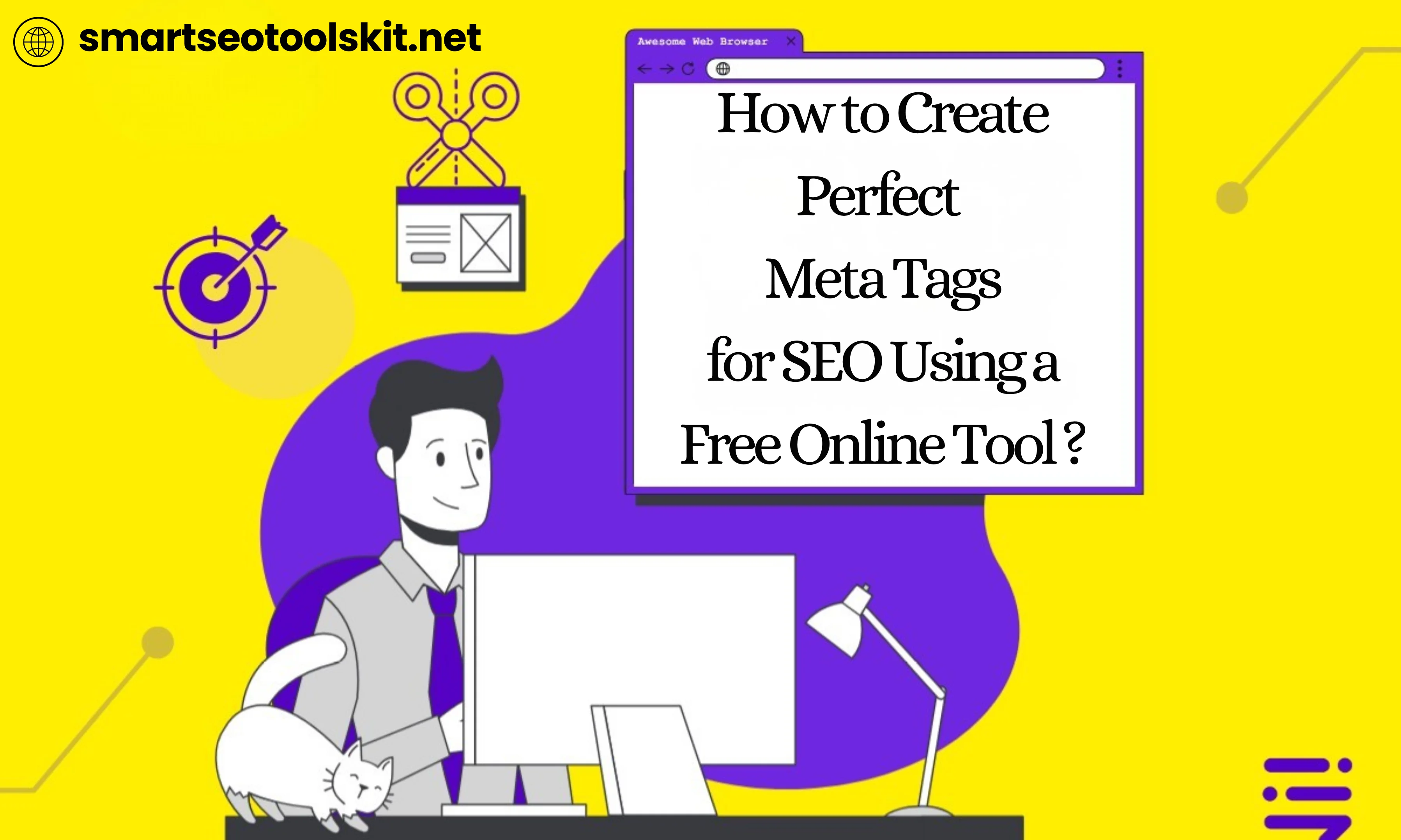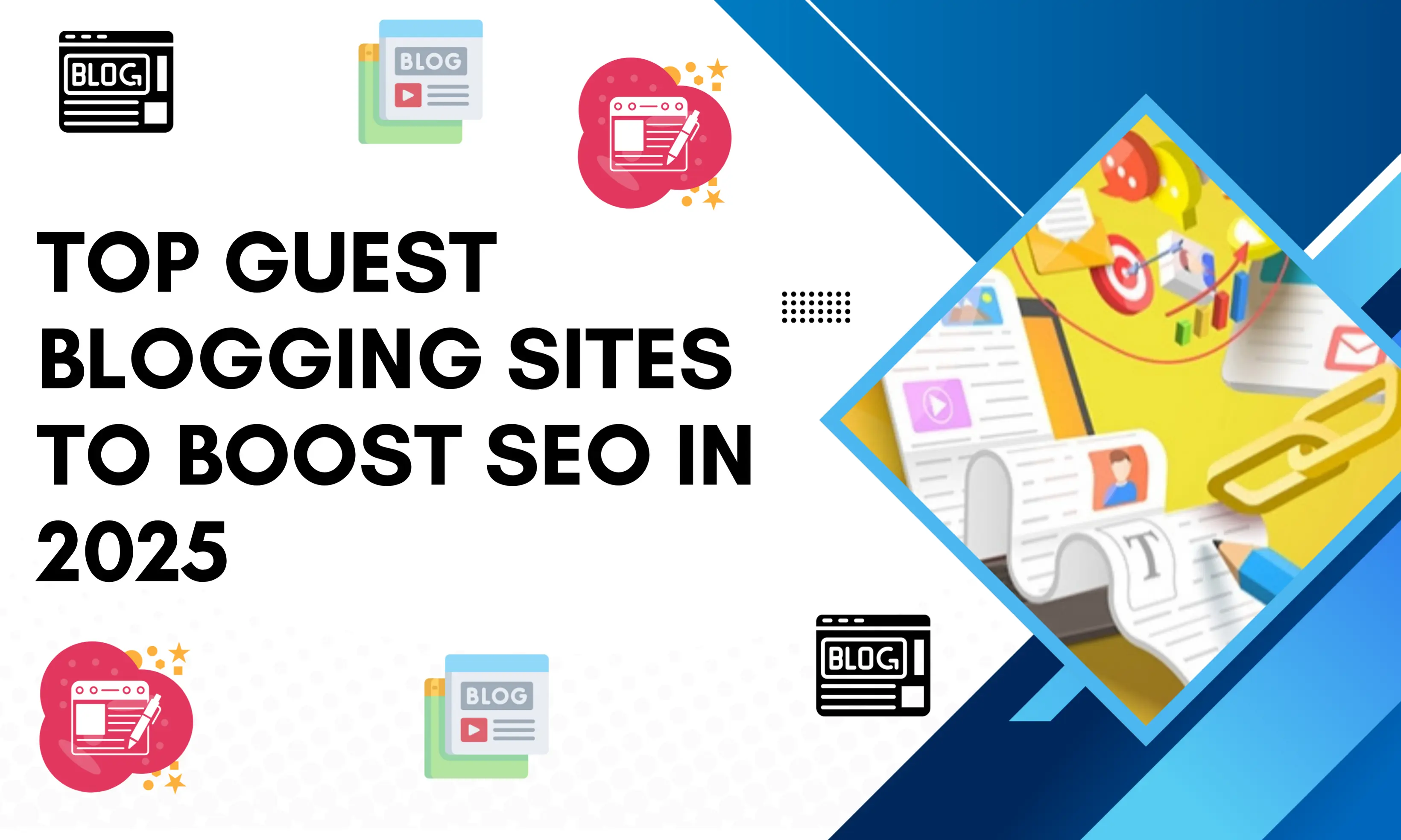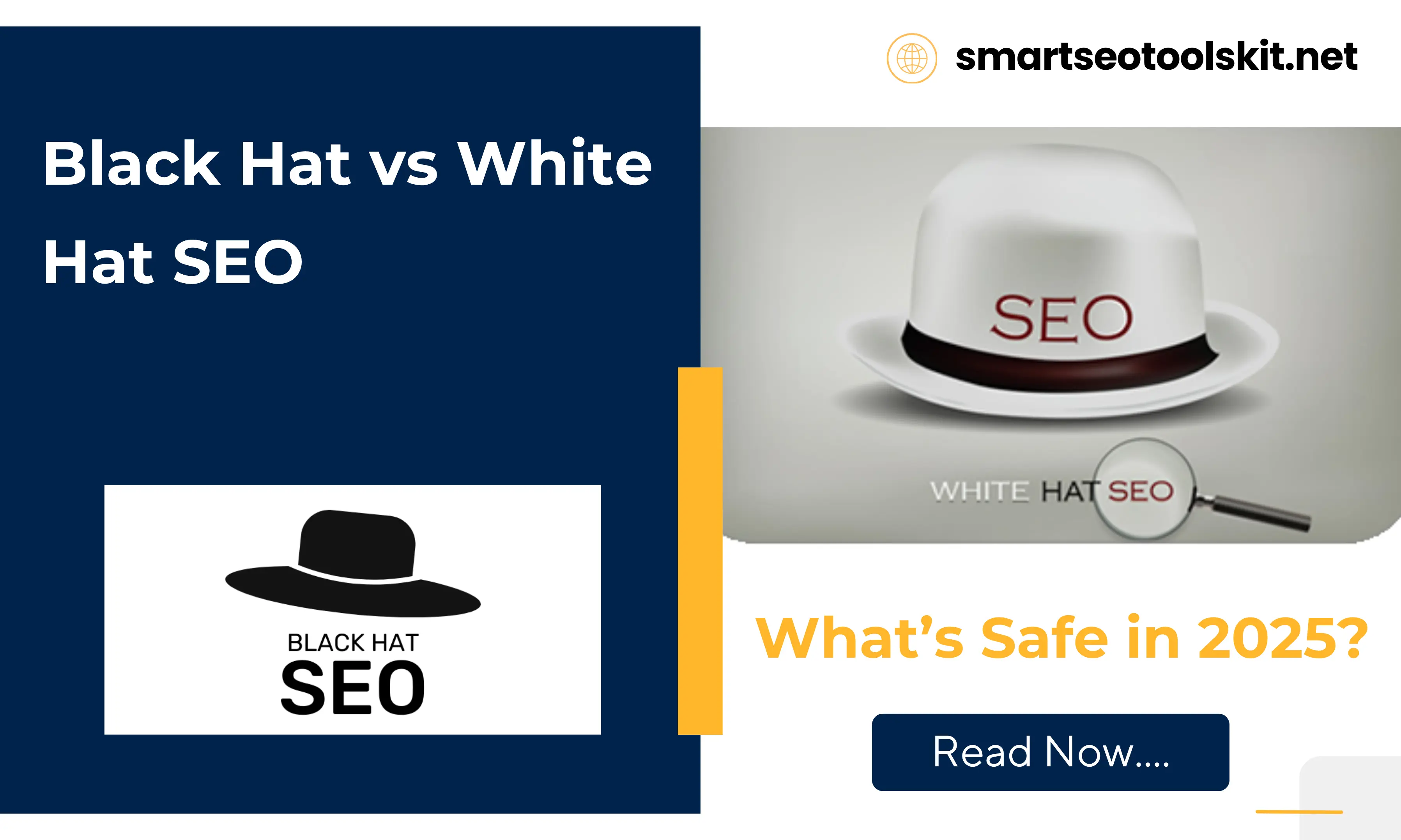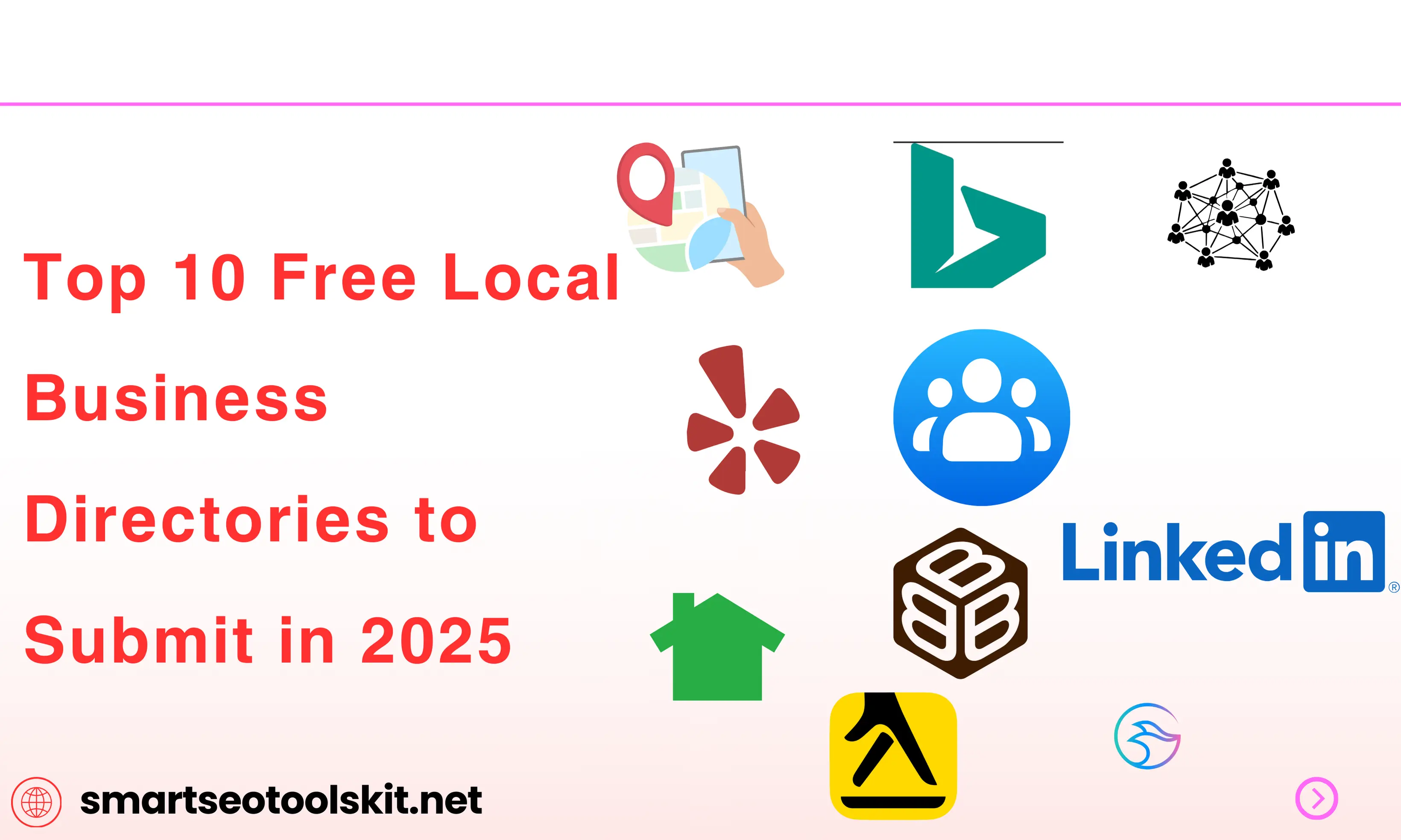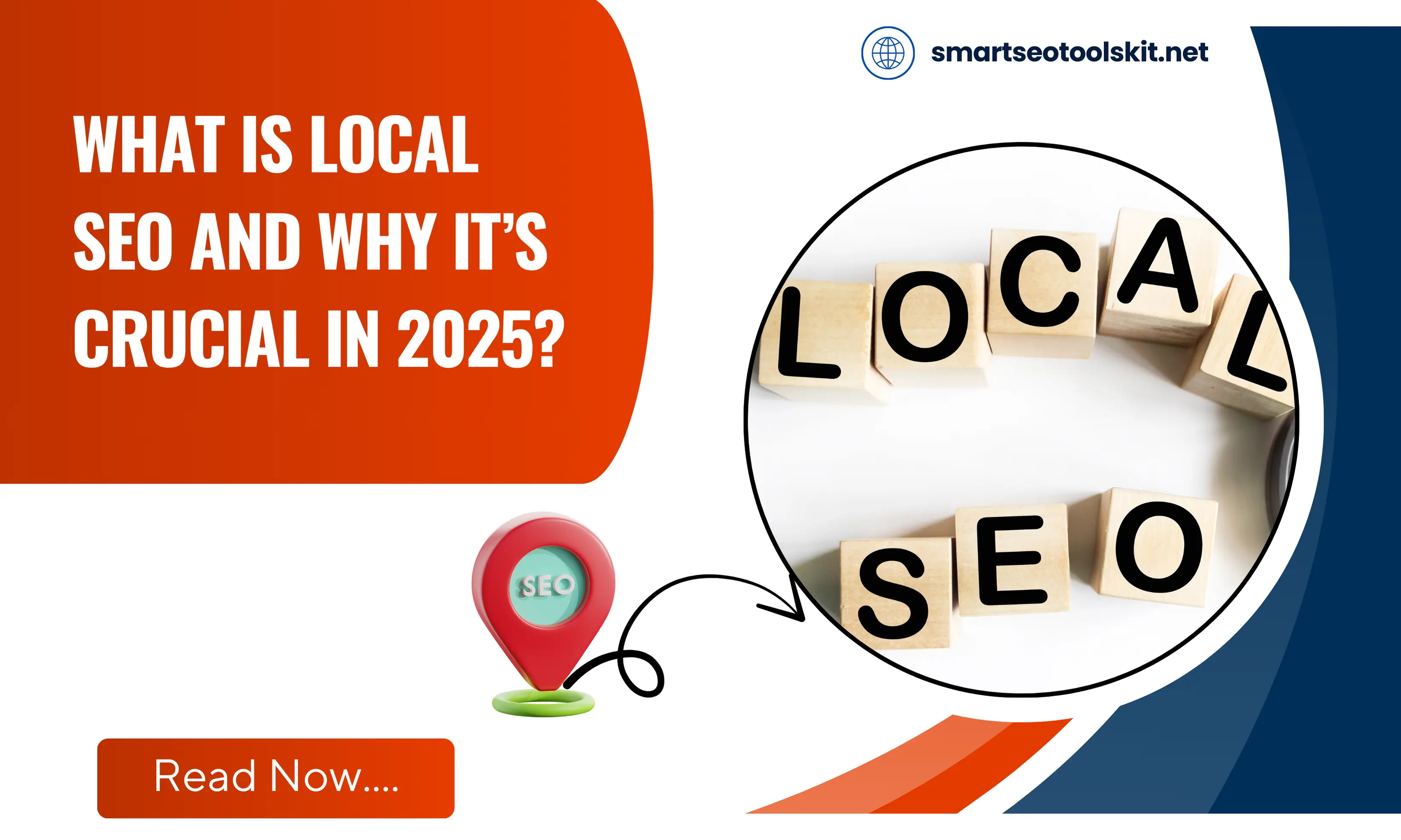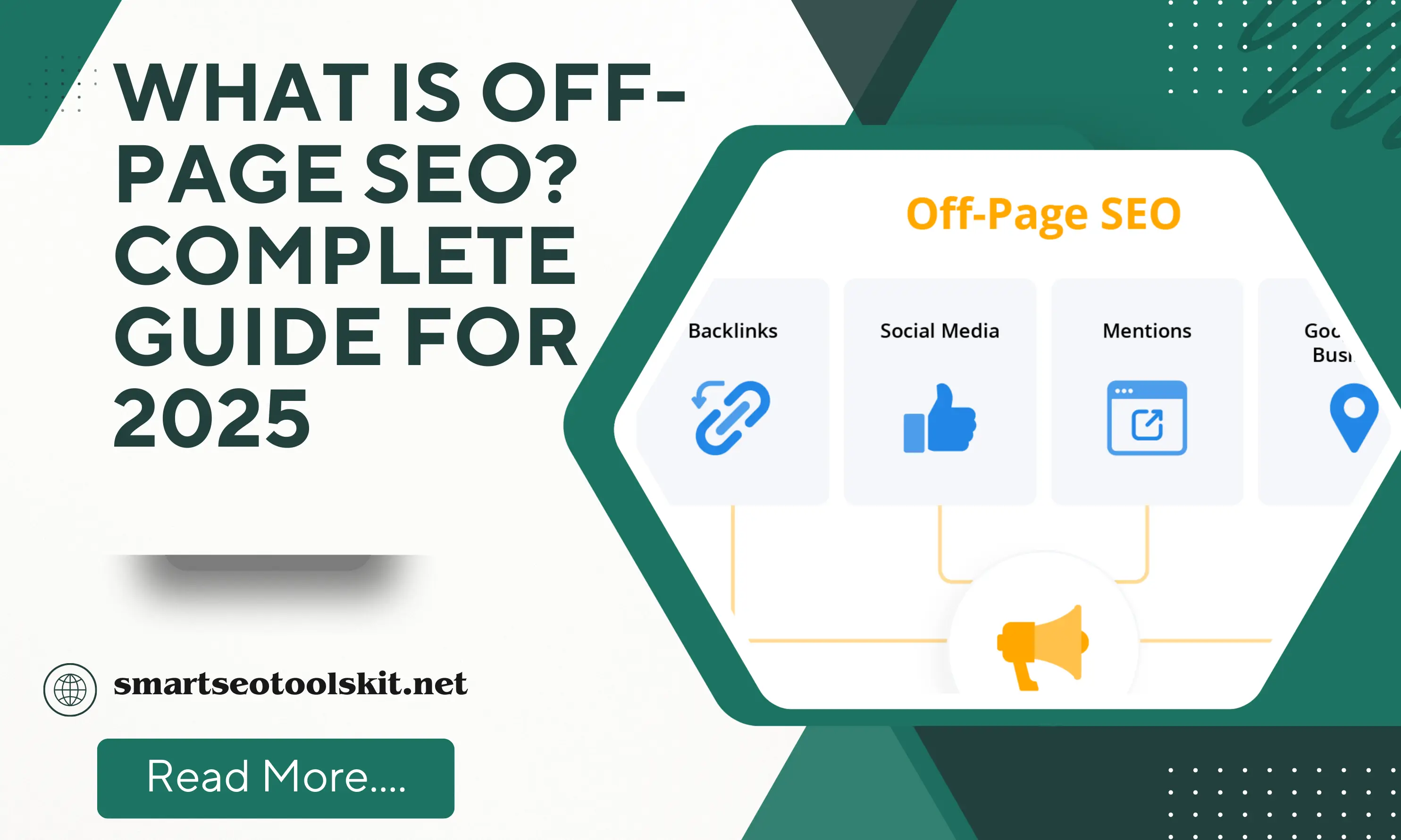Google’s search algorithms are evolving faster than ever, especially with AI-driven updates. If your website has been affected by sudden ranking drops, you’re not alone. Many websites see traffic spikes or drops after an update, leaving businesses scrambling to adjust.
So, how can you stay ahead of these algorithm changes and ensure your website ranks well consistently? The key to long-term success is to focus on high-quality, human-first content while optimizing smartly for AI search.
In this guide, we’ll cover practical, easy-to-follow strategies to keep your website ranking strong, no matter how many algorithm updates roll out.
So without wasting time let's start 🚀
1. Why Google’s AI Updates Are Changing SEO
Google has been integrating AI into search results for years, but recent advancements like Search Generative Experience (SGE) and Multimodal Search (MUM) have significantly altered rankings.
Instead of just keyword-based ranking, Google now focuses on:
✅ Intent-based search: AI understands user queries in context.
✅ Multimodal search: Users can search with images, voice, or text together.
✅ Generative AI answers: Google sometimes displays AI-generated responses before traditional search results.
Go in-depth: How to Find the Search Intent of Your Focus Keywords
What This Means for SEO:
❌ Old SEO tactics like keyword stuffing and backlink spamming don’t work anymore.
✅ Sites that provide real value, human insights, and strong authority rank higher.
💡 Example:
A health website that provides real doctor insights and patient case studies ranks better than generic AI-generated articles.
2. Focus on Human-First Content, Not AI-Generated Text
With AI tools like ChatGPT, Jasper, and Gemini, it’s tempting to rely on AI to produce content. However, Google prioritizes human-generated, experience-based content over generic AI-written articles.
How to Make Your Content Human-First:
✅ Use a conversational tone and storytelling.
✅ Share first-hand experiences, opinions, or case studies.
✅ Provide original research, examples, and real-life scenarios.
✅ Avoid overusing AI-written content without editing.
📌 Example: Instead of “SEO is important,” write:
🚀 “When we optimized our website with structured data, our traffic increased by 35% in three months.”
3. E-E-A-T: Build Trust with Google’s Content Guidelines
Google’s Experience, Expertise, Authoritativeness, and Trustworthiness (E-E-A-T) framework is now a major ranking factor.
How to Improve E-E-A-T:
✅ Showcase expertise by having real authors with bios.
✅ Use credible sources to back up claims.
✅ Get backlinks from high-authority websites.
✅ Display real-world experience (case studies, testimonials, etc.).
📌 Example:
A finance blog with expert-written articles, data-driven insights, and references to official government reports will rank higher than a generic finance blog with AI-generated content.
💡 Action Step: Add an author bio section to every blog post to improve credibility.
Go in-depth: 6 Game-Changing Content Marketing Strategies You Can’t Ignore in 2025
4. Keep Your Content Fresh & Up-to-Date
Google favors updated content, especially in fast-changing industries like technology, health, and SEO.
How to Keep Content Fresh:
✅ Regularly update old blog posts with new data and examples.
✅ Add new FAQs based on trending search queries.
✅ Repurpose content into videos, infographics, or social media snippets.
📌 Example: Instead of writing new blogs on “SEO trends” every year, update an existing post with new data from 2024, 2025, and beyond.
🚀 SEO Tip: Use Google Search Console to find pages with declining traffic, then update them with fresh content.
Go in-depth: How New Helpful Content Update Impacts Keyword Optimization
5. Optimize for AI-Driven Search & Conversational Queries
People now search using long, natural phrases, thanks to AI. Google’s SGE (Search Generative Experience) and BERT update focus on understanding the full intent behind searches.
How to Adapt to AI Search:
✅ Target long-tail, natural language queries.
✅ Use FAQs and conversational-style content.
✅ Create content in a question-answer format.
✅ Optimize for voice search (people ask questions differently when speaking).
📌 Example:
Instead of optimizing for “best smartphones,” target “Which smartphone under $500 has the best camera?”
🚀 SEO Tip: Use tools like AlsoAsked or AnswerThePublic to find real-world questions people ask.
6. Improve User Experience (UX) & Engagement
User experience (UX) plays a critical role in modern SEO. Google’s AI tracks how visitors interact with your site—if they stay longer and engage with your content, it signals that your site provides value.
A well-optimized user experience can reduce bounce rates, increase session duration, and boost rankings.
How to Improve Engagement:
✅ Make content easy to scan (use subheadings, bullet points, and short paragraphs).
✅ Add interactive elements (polls, quizzes, calculators).
✅ Include images and infographics to keep users engaged.
✅ Encourage comments and discussions.
📌 Example: Ending your blog with a question like “Have you tried AI-based SEO strategies? Share your experience in the comments!” keeps users engaged.
🚀 SEO Tip: Internal linking keeps users on your site longer. Link to related blogs naturally.
7. Build High-Quality Backlinks
Backlinks have always been a core ranking factor, but quality matters more than quantity. Google’s AI updates can detect unnatural or spammy link-building tactics, so you need to focus on earning links naturally.
How to Get High-Authority Backlinks:
✅ Write guest posts on reputable sites.
✅ Create original research or case studies (people link to unique data).
✅ Use digital PR (get featured in news articles).
✅ Avoid spammy, low-quality backlinks.
📌 Example: A data-driven SEO study has a higher chance of earning backlinks than a generic SEO tips article.
🚀 SEO Tip: Use HARO (Help a Reporter Out) to get featured in high-authority publications.
8. Mobile Optimization & Speed: A Must for SEO
With Google’s mobile-first indexing, your website’s mobile performance directly affects rankings. If your site is slow or not mobile-friendly, expect high bounce rates and lower rankings
How to Improve Mobile SEO:
✅ Use responsive design (adapts to all screen sizes).
✅ Optimize images & videos to load faster.
✅ Enable lazy loading for images.
✅ Use Google’s PageSpeed Insights to identify issues.
📌 Example: A website that loads in under 3 seconds ranks higher and gets fewer bounces.
Go in-depth: How to Check and Improve Your Website Speed in 2025
9. Leverage Structured Data & Rich Snippets
AI-driven search engines rely on structured data (schema markup) to understand your content better and display rich results. Using schema can increase click-through rates (CTR) and make your site more visible in AI-powered search.
Best Schema Types for SEO:
✅ FAQ Schema – Appears in “People Also Ask” results.
✅ How-To Schema – Boosts ranking for tutorials.
✅ Review Schema – Displays star ratings in search.
📌 Example: Adding FAQ schema increases your chances of appearing in Google’s AI-generated answers.
🚀 SEO Tip: Use Google’s Structured Data Testing Tool to check if your schema is correctly implemented.
10. Avoid Spammy SEO Tactics & Over-Optimization
Google’s AI algorithms are smarter than ever at detecting manipulative SEO tactics. If you try to game the system, you risk penalties and ranking drops.
SEO Mistakes to Avoid in 2025
🚫 SEO Mistakes to Avoid:
❌ Keyword stuffing – Google penalizes unnatural keyword use.
❌ Buying links – Risk of penalties.
❌ Duplicating AI content – Google can detect AI-generated spam.
❌ Clickbait headlines – High bounce rates lower rankings.
✅ Instead, focus on: User experience, trust-building, and long-term SEO strategies.
Final Thoughts: Stay Adaptive & Focus on Value
Google’s AI-driven updates will keep evolving, but the core rule stays the same: Create content that provides real value.
✅ Focus on human-first, experience-driven content.
✅ Optimize for AI-powered search & natural language queries.
✅ Enhance UX, page speed, and engagement.
✅ Build strong backlinks through quality content.
✅ Avoid outdated and spammy SEO tactics.
By following these SEO best practices, your site will withstand Google’s algorithm updates and achieve long-term rankings in AI search results.
🚀 Your Turn: Have you noticed AI affecting your search traffic? Share your thoughts in the comments!
Frequently Asked Questions (FAQs)
Q1: What is AI-driven SEO?
AI-driven SEO refers to the integration of artificial intelligence technologies into search engine optimization practices. This approach leverages AI to analyze data, predict trends, and automate tasks, enhancing the effectiveness and efficiency of SEO strategies.
Q2: How does AI impact keyword research?
AI enhances keyword research by analyzing large datasets to identify relevant keywords, search intent, and emerging trends. AI-powered tools can uncover long-tail keywords and predict which terms are likely to perform well, allowing for more targeted and effective content strategies.
Q3: Can AI improve content creation for SEO?
Yes, AI can assist in content creation by generating topic ideas, optimizing content structure, and ensuring the inclusion of relevant keywords. AI tools can analyze top-performing content to suggest improvements, helping creators produce SEO-friendly material that resonates with their target audience.
Q4: What role does AI play in technical SEO?
AI aids in technical SEO by crawling websites to identify issues such as broken links, duplicate content, and slow page speeds. It can also provide insights into site architecture and user experience, helping to optimize websites for better search engine rankings.
Q5: How is AI transforming the future of SEO?
AI is transforming SEO by enabling more personalized search results, understanding natural language queries, and automating various SEO tasks. This evolution requires marketers to adapt their strategies to focus on user intent, high-quality content, and technical excellence to maintain and improve search rankings.
.png)
